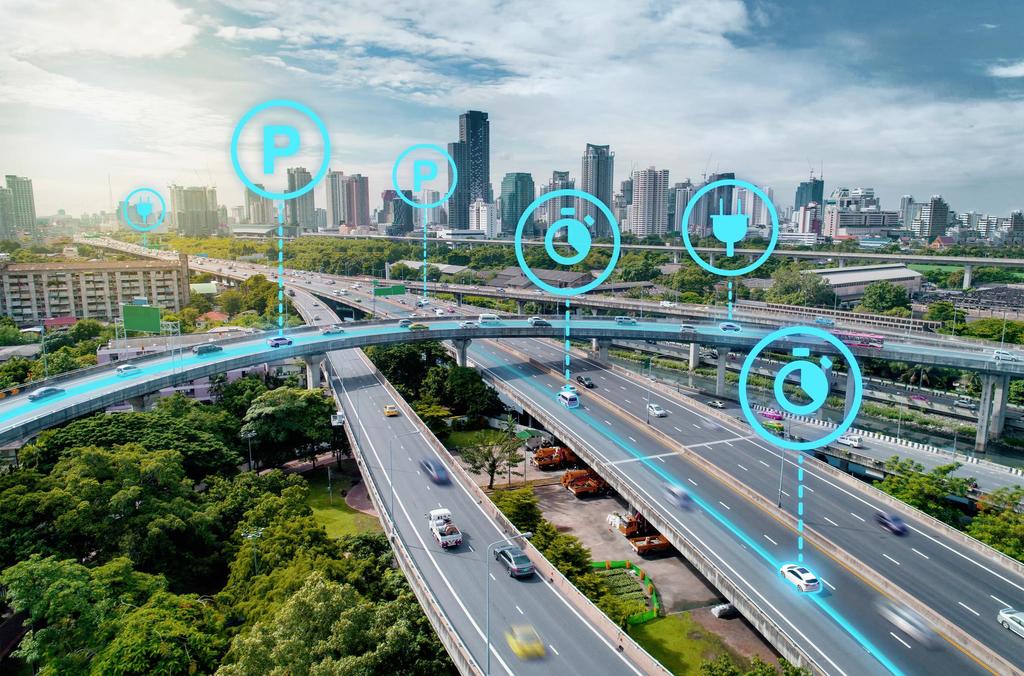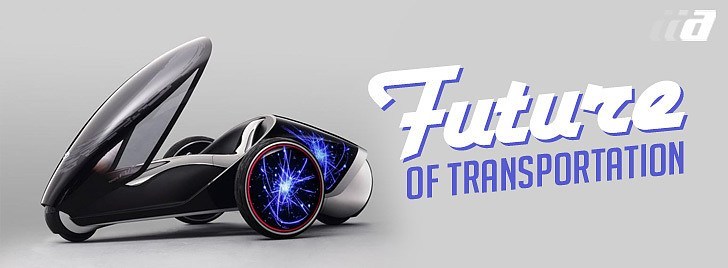Google Kooperation . . . what does that even mean? Did I read that right? I mean, it is early in the morning. It’s only 11:36 (ah, the writer’s life), but I am reading a press release from Volkswagen and Google or . . . oh wait, I see. It’s a partnership deal between the two industrial/tech giants to apply quantum computing to cars. And not just how cars are built, but how they operate. Google Kooperation. Makes total sense now.
Okay, so what we basically have here is Google, at the behest of Volkswagen, turning the power of quantum computing on to various problems faced by any car maker.
Quantum computing is a fairly new thing, and although portends to be radically different and more powerful than conventional computing, is relatively easy to understand.
The Matrix
Regular computing is based on a fairly simple principle: Differentiation. Computers work on differentiating between two states: Is it on or off; is it a one or zero. This binary state, although seemingly limited at first glance, can do amazing things if you have a simple adding machine (a difference engine) do them really quickly. Calculating with only ones and zeros allows you to do things like take high-definition photos, send them wirelessly to a social media site, and then make a voice-to-voice phone call, all using the same machine that fits in the palm of your hand. You can also do more prosaic stuff with binary computers, like slingshot space probes through the rings of Saturn with millimeter accuracy.
Quantum computing, on the other hand, does away with this simple either/or, one/zero, on/off way of looking at things. A quantum computer may adopt the states of zero, one, or, and this is the very cool part, a mixture of the two states simultaneously on the basis of the laws of quantum mechanics. Therefore, the computing power you used to have stepping from a zero to a one has now risen exponentially, since a quantum computer can carry out each calculation step with all states at the same time. Quantum computers are not superior to classical computers for all problems. They are very much superior when using algorithms to solve some complex problems. Complex problems like pharmacology research, information loading, self-driving cars, and really interesting stuff like learning about and exploiting traffic flow in dense urban environments.
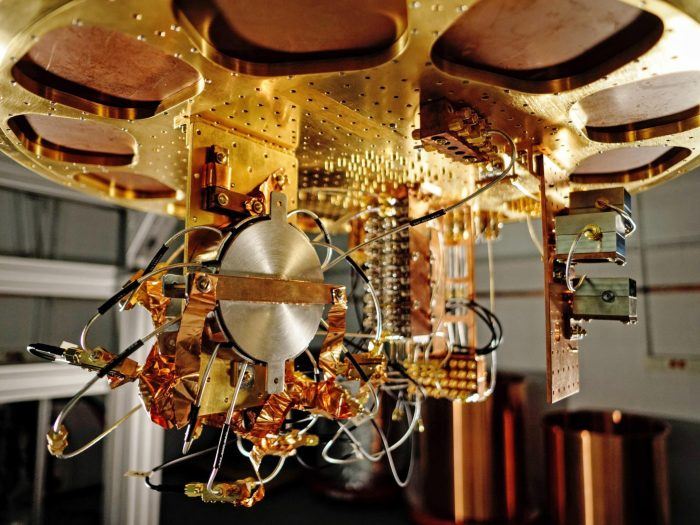
Real-World Applications
So, VW has partnered with Google to turn the power of quantum computing into what, exactly? How can this make for a better car? At the moment, Volkswagen and Google are looking at three main areas (none of which are SkyNet/Terminator oriented, thankfully). The first is traffic optimization. Essentially, this means figuring out ways to keep you moving forward at a decent speed, regardless of how many other vehicles are on the road. They are building on prior successful research, using traditional modeling to see if quantum computing methods can now account for additional variables. If this works, and so far it seems to be, travel times will drop. This data can also be applied to stuff like urban traffic guidance systems, electric charging stations, and even parking.
Secondly, Volkswagen expects this quantum approach to provide new information for vehicle construction, i.e. better metals and composites and such, along with how they are used in given areas of the vehicle. Battery research, particularly for the development of high-performance batteries for electric vehicles, is another area quantum computing would address.
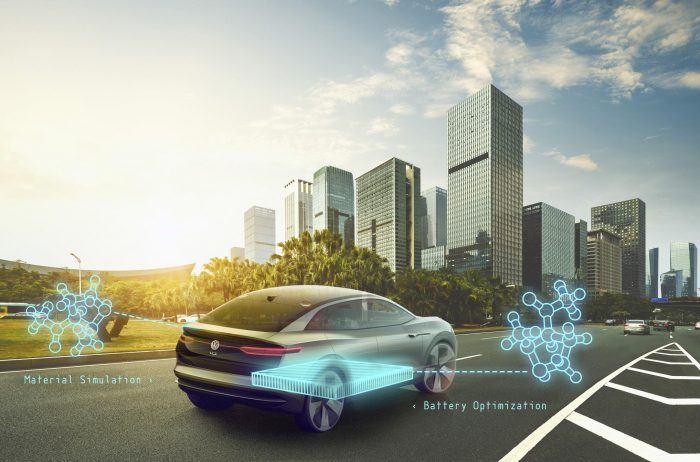
Artificial Intelligence
The last area VW mentions is machine learning. The Germans are rather vague in this area, stating “machine learning is a key technology for the development of advanced AI systems.” AI, for those that don’t know, means Artificial Intelligence. Some people willingly embrace the entire concept of AI, while others really get the heebee-jeebees when it comes to this stuff. Within this context, it’s easy to see where Volkswagen is heading, at least in the near term.
Leveraging AI, in other words, having some form of it, will make self-driving cars a much easier nut to crack. If the car can think for you, it can watch the road ahead, realize what is stationary and moving and, more critically, realize what is a threat and what is not. The AI embedded in the ones, zeros, and half-bits in-between can sense, evaluate, and know what to do when a kid chases a ball in front of your self-driven VW.
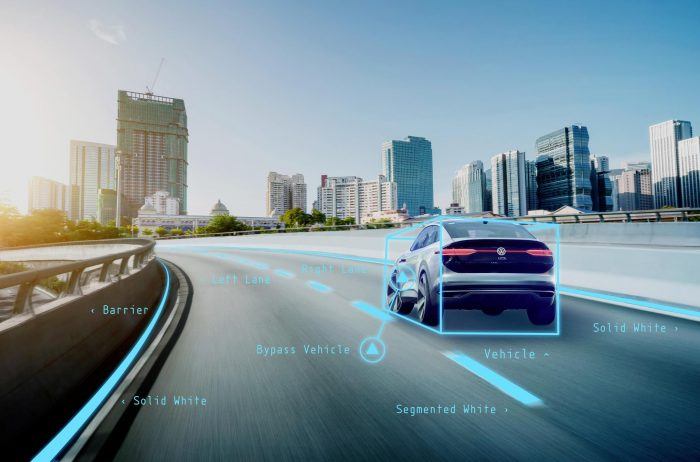
Forward Looking
Volkswagen and Google aren’t announcing anything here other than they are starting to work on this. There is not some scientific culmination happening next week, nor has a huge quantum super-computer taken worldwide control of bagel production and distribution, and every day is Everything. Bagel. Day. and you will enjoy it. What Volkswagen and Google are saying is, in a nutshell, “these are the problems we are trying to solve, and this is how we think we can solve them.”
Good. Because the momentum is quite clear. Self-driving cars will be on the roads. Traffic will continue to be bad. Electric vehicles are coming. The question for any automaker is how to deal with that inevitability. Volkswagen and Google think the answer – or some of the answers – will be found in quantum computing.
Tony Borroz has spent his entire life racing antique and sports cars. He means well, even if he has a bias toward lighter, agile cars rather than big engine muscle cars or family sedans.
Photos & Source: Volkswagen of America, Inc.

